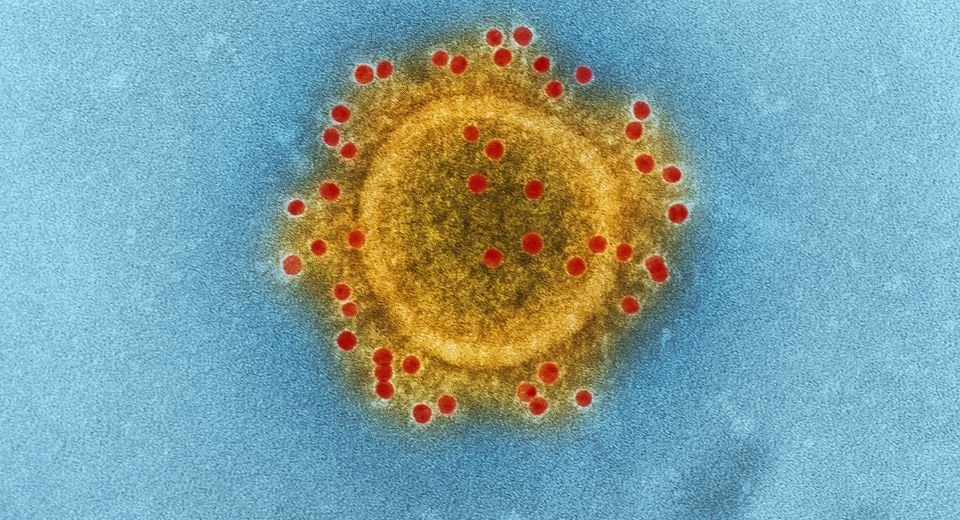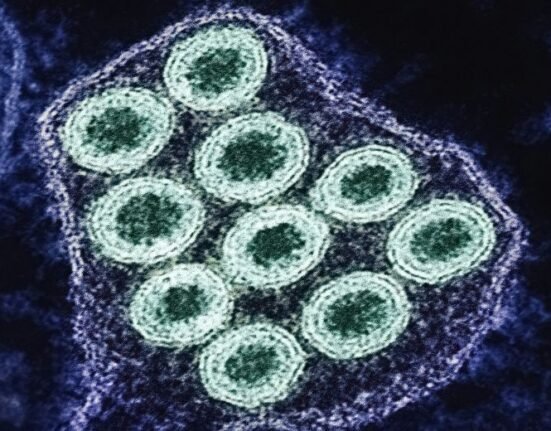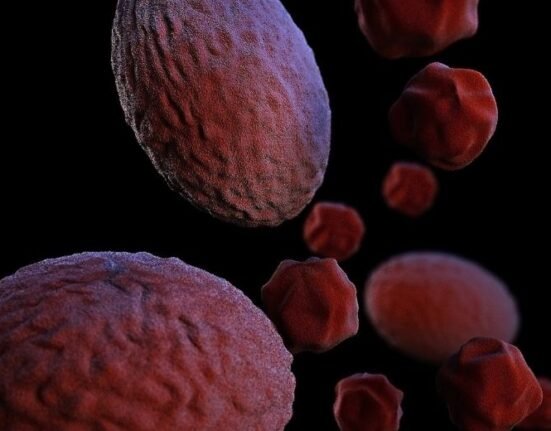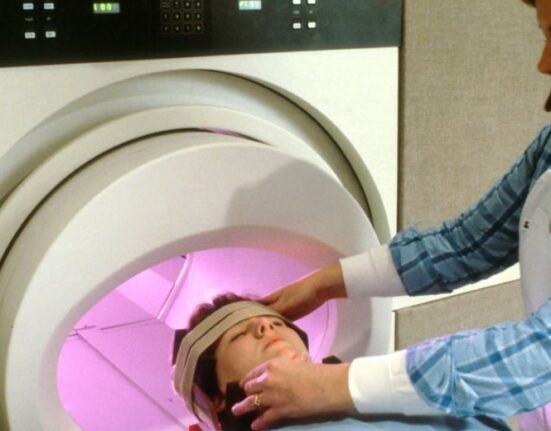By Dr K. Leelamoni
November 14, 2023: At a district court in the south Indian state of Kerala, on October 30, judges, lawyers and staff developed fever, tiredness, headache, muscle and joint pains, and sore eyes.
Sensing something was wrong the state’s Health Ministry and the State Health Department got the ball rolling. Medical camps were set up and blood samples were taken to identify a suspected pathogen.
The mystery unravelled when eight samples turned positive for the Zika virus — one of the rare viral diseases reported in India. This is the second time the virus has been found in Kerala. There was an outbreak in July 2021.
Zika virus was isolated in 1947 from the blood of a rhesus monkey in the Zika forest in Uganda. The virus belongs to the Flaviviridae family and is transmitted through the Aedes mosquitoes which also transmit Dengue and Chikungunya.
Africa, South America
Zika outbreaks were reported from Africa and South America. In 2016, the no of cases reached up to one million and thereafter declined. In 2017, WHO reported 84 countries with current or previous Zika virus transmission. Cases were detected in 2019 in Europe and 2021 and 2023 in India.
Long known to be endemic in African and South American countries, Zika infection is increasing dramatically causing grave concern worldwide. The virus doesn’t cause severe illness or noticeable symptoms for most. Some may have rashes, fever, sore eyes, joint pains, fatigue and headache for two to seven days.
But if the infection happens during pregnancy, it may result in congenital Zika syndrome with severe microcephaly, damage to the eyes, anomalies to the limbs and also can result in preterm births, stillbirths and miscarriages.
Reports from Brazil, one of the worst affected countries by the Zika virus state that between 2015 and 2020, 3,591 cases of congenital Zika syndrome were confirmed, with an incidence of 44.03 cases per 1,000 live births.
Neurological disorder
Guillain-Barre Syndrome (GBS) is a serious life-threatening neurological disorder resulting in respiratory failure, characterised by progressive muscular weakness.
In 2015, sixty-two per cent of GBS reported in Brazil had a history of signs and symptoms associated with the Zika virus. Increased verification of Zika virus infection and GBS prevalence has also been reported in 12 countries.
Aedes mosquitoes which are aggressive day biters transmit the virus. Aedes aegypti and Aedes albopictus are the major vectors in tropical and subtropical countries. The infection can also be transmitted through sexual contact, mother-to-child transmission during pregnancy and also through blood transfusion.
Research suggests that having a Zika infection once may give protection against a second attack. However, whether it is lifelong or protects against other variants of Zika virus is not clear.
No vaccine
The virus can be detected in a laboratory through a diagnosis by PCR (polymerase chain reaction) test and virus isolation from blood samples.
Treatment is mainly symptomatic to control fever and pain. Pregnant women living in areas with Zika transmission or who develop Zika symptoms should seek medical attention, get tested and follow up.
No effective vaccine is yet available. Protection from the predominantly day biter Aedes mosquitoes like using long body covering clothes, and use of mosquito barriers like mosquito screening and mosquito repellants are advisable.
Young children and pregnant women should sleep under mosquito nets. Travellers and others living in affected areas should also follow these basic procedures.
Elimination of mosquito breeding sites like covering of water storage containers, removal of standing water in flower pots and vessels and cleaning up of trash and tires in the premises of houses and other establishments are also to be done. Health authorities should ensure larvicidal measures and insecticidal spraying to reduce mosquito population.
Vigilance required
In areas of high vector density, strengthening entomological surveillance and intensifying vector control measures are to be carried out. Following the recent detection of Zika virus disease in Kerala, Karnataka and Maharashtra states in India, these measures assume greater significance.
It is highly essential to be vigilant for the Zika virus infection in India.
Since the Aedes mosquito is found in large parts of the country we can’t afford to remain complacent. It is equally important to avoid any kind of panic in the general public by providing accurate information.
(The writer was a former Head of the Department of Community Medicine at the Government Medical College in Kozhikode and Thiruvananthapuram and worked at the Amrita Institute of Medical Sciences in Kochi.)









5 Comments